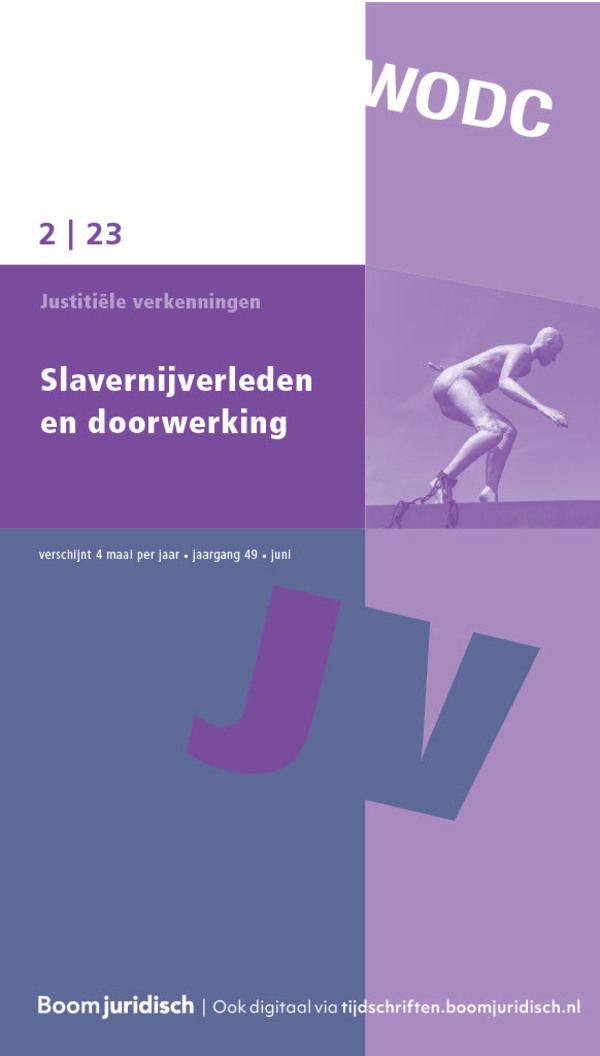|
With the growing economic importance of sport in the past two decades there has been a massive increase in the investment of money in the football sector, and some of this has criminal connections. The FATF has carried out a study, Money laundering through the football sector, to analyze what makes the football sector attractive to criminals. The report examines case studies to identify vulnerabilities of the football sector for criminal money. Some of those relate to the financial fragilities of the sector as a whole. Other vulnerabilities involve the intransparant transfer market and the dubious role of football agents. There are also social-psychological vulnerabilities. Football has a long history of private individuals investing in clubs. These individuals do not expect profits, but hope to acquire prestige and gain access to the local or even national establishment. Football has changed from a popular sport into a global industry, but its regulatory structure has not yet caught up with these changes. |


Justitiële verkenningen
Meer op het gebied van Criminologie en veiligheid
Over dit tijdschriftMeld u zich hier aan voor de attendering op dit tijdschrift zodat u direct een mail ontvangt als er een nieuw digitaal nummer is verschenen en u de artikelen online kunt lezen.
| Redactioneel |
Voorwoord |
| Auteurs | B.M.J. Slot en M.P.C. Scheepmaker |
| Auteursinformatie |
| Artikel |
Misdaadgeld en voetbalEmotioneel witwassen en andere oneconomische motieven |
| Auteurs | B.M.J. Slot |
| SamenvattingAuteursinformatie |
| Artikel |
Voetbal als bedrijfstak |
| Auteurs | R.H. Koning |
| SamenvattingAuteursinformatie |
|
Soccer is the most important professional sport played in Europe. During the last two decades, both the flows of money and the institutional setting have changed dramatically. This paper provides an analysis of the Dutch professional league. How does that league compare to other European leagues? Especially as far as television revenue is concerned, the Dutch league lags the big leagues. This financial inequality has partially been caused by three important changes in the institutional environment: the introduction of the Champions League, the Bosman ruling and the liberalization of the players labour market, that accompanied that ruling. At the moment, an open European market for soccer talent exists, and a closed national product market for teams. Economies of scales exacerbates these problems, so in the near future, it is not to be expected that Dutch soccer teams will be able to compete successfully with their Spanish or British counterparts. |
| Artikel |
Misdaad en het WK voetbal 2010 in Zuid-Afrika |
| Auteurs | J. Burger |
| SamenvattingAuteursinformatie |
|
This article aims to assess the security situation in South Africa during the FIFA World Cup by considering the crime situation and the potential for terrorism. Consideration is also given to the ability of the police and other security services to provide the required level of security without neglecting their normal law enforcement responsibilities and leaving South Africans in general more exposed to crime. A major international event such as the World Cup is an ideal facilitator for crime and a potential target for terrorist groups. South Africa does not presently face any direct terrorist threat, but given the number and diversity of participating countries, there will always be a risk. In general, however, from the evidence it would appear that the South African security services are well prepared to ensure a safe and secure World Cup. |
| Artikel |
Het nieuwe hooliganismeGeweld ook buiten het voetbalveld |
| Auteurs | H. Ferwerda, I. van Leiden en T. van Ham |
| SamenvattingAuteursinformatie |
|
Large-scale violations of public order occur regularly in the Netherlands. The most startling riot of the last decade took place last summer on the beach of Hoek van Holland during the dance festival Sunset Grooves. In this riot as well as in other riots, hooligans play more and more a negative role. Put differently, they do not confine themselves to the riots at football matches, but they also show up at events, parties and in entertainment centres to disturb the peace. The article argues that the phrase ‘hooligan’ is in fact inappropriate. It is better to speak about notorious disturbers of the peace; people who are consciously looking for a stage and an opponent to disturb the peace. |
| Artikel |
Geweld op het voetbalveld |
| Auteurs | S.F.H. Jellinghaus |
| SamenvattingAuteursinformatie |
|
This article analyzes how football game situations, especially those where players get injured, are posted within the law. In the Netherlands sport rules are not regulated in specific laws. An incident in the soccer pitch should be approached by the ordinary law: criminal law as well as liability. An important standard laid down in jurisdiction is that sport participants accept a certain risk to get hurt. |
| Boekbespreking |
Het arrangeren van voetbalwedstrijden |
| Auteurs | H. Nelen |
| Auteursinformatie |
| Boekbespreking |
Scorebordjournalistiek in de goede zin van het woord |
| Auteurs | L. Groot |
| Recent |
Internetsites |
| Agenda |
Congresagenda |
| Recent |
WODC: website en rapporten |
